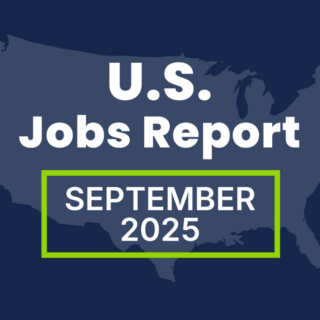In April, a federal appeals court ruled that salary history cannot be used to justify paying a woman less than a man for doing similar work under the Federal Pay Equity Act. The ruling in Rizo v. Fresno County Office of Education covers California, Oregon, Washington, Nevada, Arizona, Alaska, Hawaii, Idaho and Montana.
U.S. Circuit Judge Stephen Reinhardt wrote the majority opinion for the 11-judge panel for the Ninth Circuit Court of Appeals.
“The Equal Pay Act stands for a principle as simple as it is just: Men and women should receive equal pay for equal work regardless of sex,” Reinhardt wrote. “The question before us is also simple: Can an employer justify a wage differential between male and female employees by relying on prior salary? Based on the text, history and purpose of the Equal Pay Act, the answer is clear: No.”
Both California and Oregon have standalone salary history bans, but employers in all states covered by this ruling should review their salary history policies to comply with this ruling.
You can read our previous blog post on salary history bans below:
Oregon is the most recent state to pass legislation banning employers from asking about a candidate’s salary history. The laws are growing in popularity, intended as a way to promote pay equality by imposing limitations on how employers can use a worker’s previous salary as a benchmark to set compensation.
In Oregon, the ban on salary history inquiries is a part of the state’s larger Equal Pay Act. The law prohibits employers from screening candidates based on their salary history, and it also prevents organizations from setting pay based on past or current salary.
Delaware passed a similar law. The law does allow applicants to provide the previous salary information if they want, but an employer cannot request it. Additionally, it allows an employer to request salary history after an offer including compensation has been extended. Any employer who fails to comply with the law will have to pay a civil penalty of $1,000-$5,000 for the first offense, and as much as $10,000 for each subsequent violation.
Various other states, as well as Puerto Rico, have enacted similar bans, as well as some cities like Philadelphia and New York City. Employers in these areas should review their salary history policies to make sure they comply with the local laws.
Many of these laws have not yet taken effect. Philadelphia’s salary history ban was set to take effect in May, but it was put on hold due to a pending lawsuit. New York City’s ban is set to begin in October. Many of the more recent measures don’t take effect until late 2017 or even as late as 2019. This gives employers some time to prepare, but considering the current popularity of these laws and pending legislation, companies should expect even more changes.
Compliance Corner is a new feature on the PeopleScout blog. At least once a month, we’ll be featuring a compliance issue that’s in the news or on our minds. Understanding the patchwork of labor laws across the world is complicated, but it’s part of what we do best. If you have questions on the compliance issue discussed in this post, please reach out to your PeopleScout account team or contact us at marketing@peoplescout.com.




